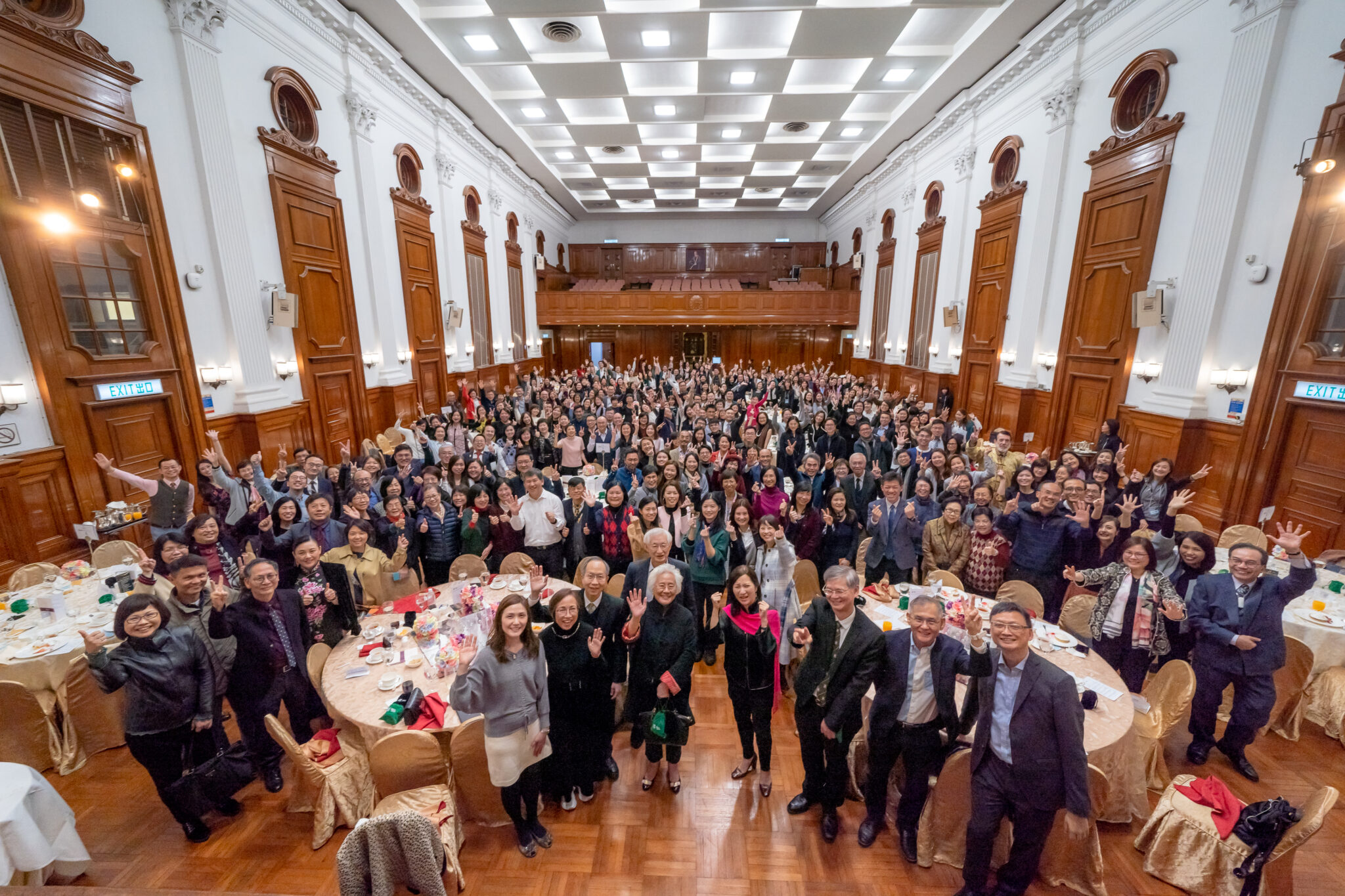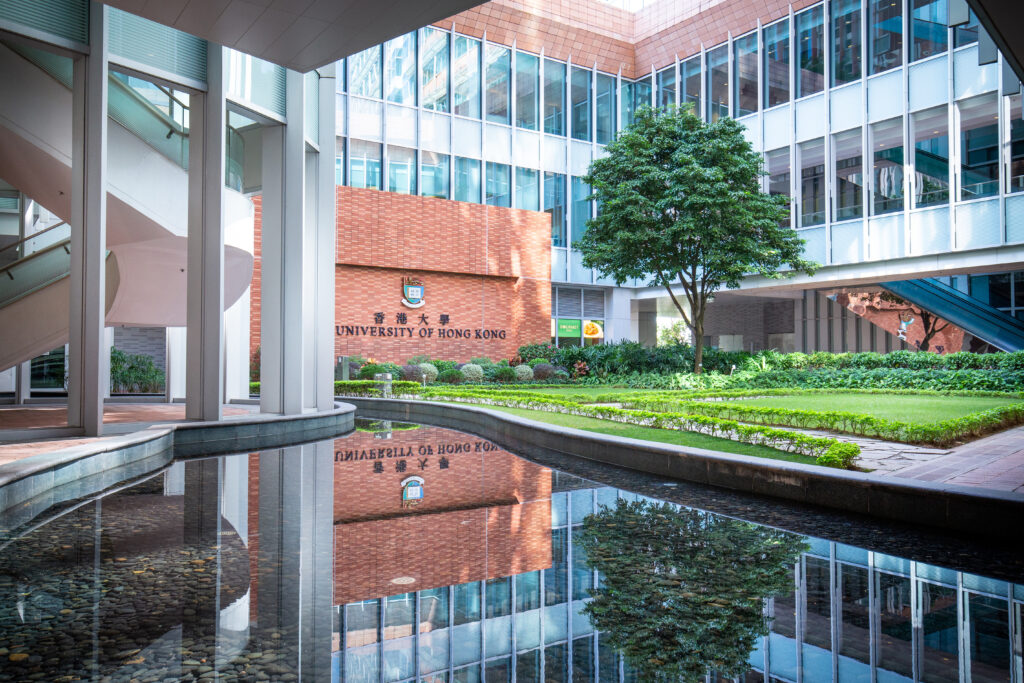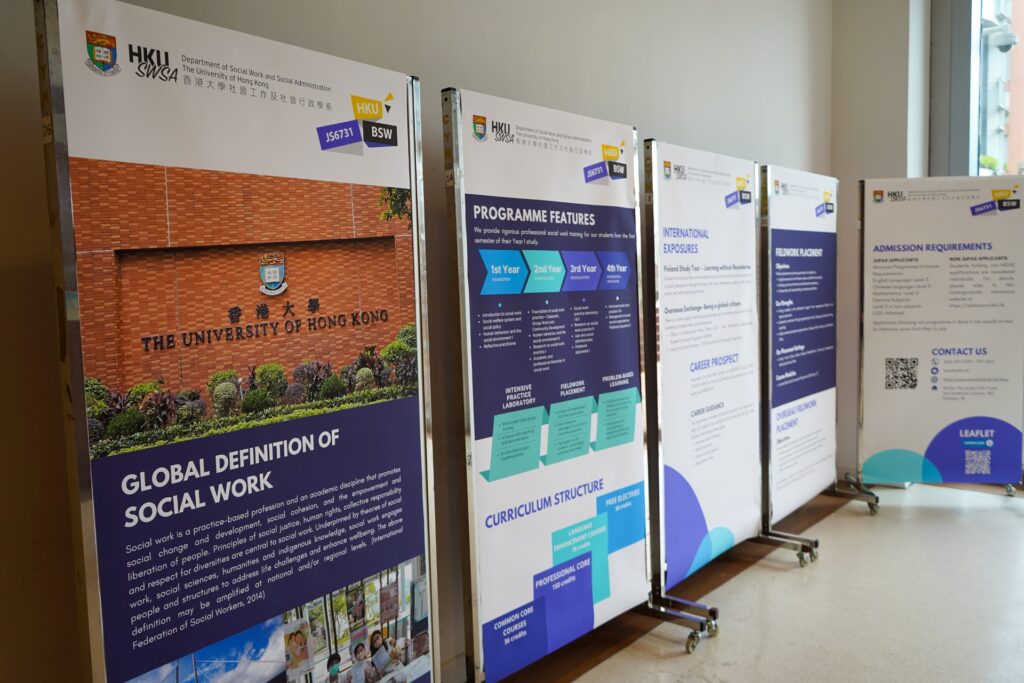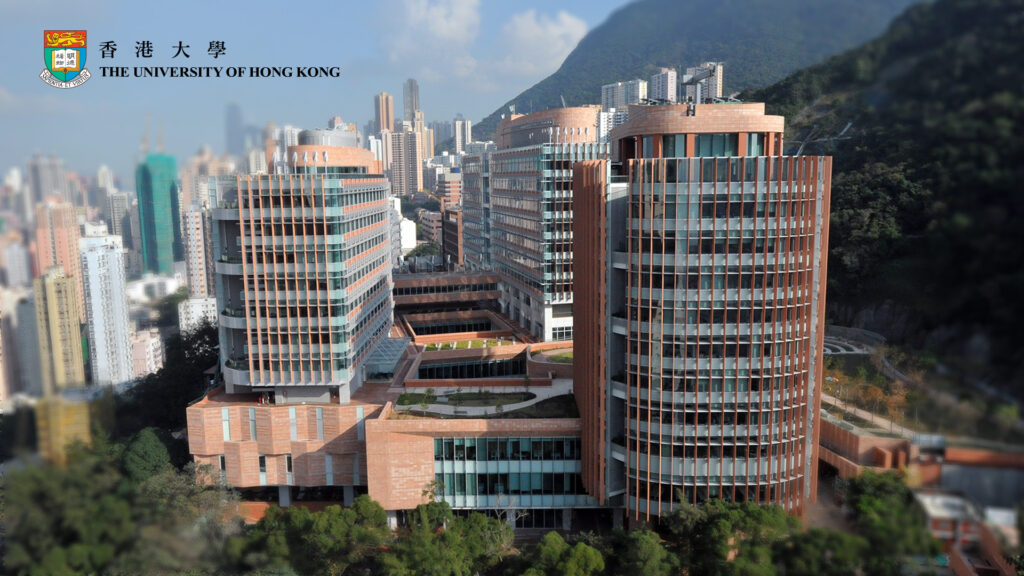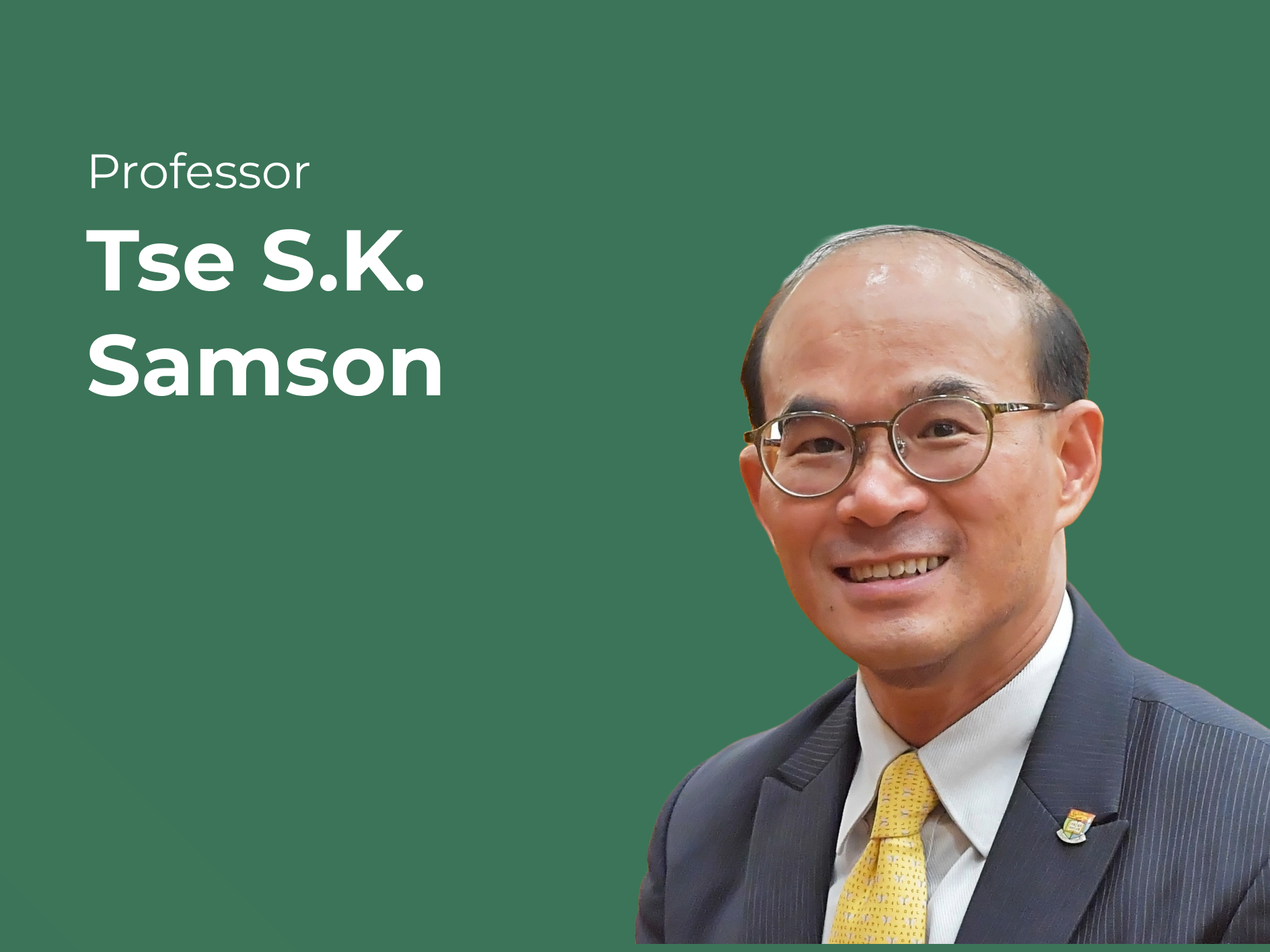
Recovery-oriented, strengths-based intervention engages service users strengths and resources to support their recovery process. This model was developed in an American context and has been applied in Hong Kong. It is important to formulate an understanding of strengths better fit to Hong Kong Chinese. Aims: This exploratory qualitative study examined Hong Kong Chinese service users? views on strengths and preferred translation for the word strengths, along with its cultural nuances. Method: Twenty-six people with serious mental illnesses were individually interviewed at a mental health center in Hong Kong, based on a photo-elicitation technique and reflection on Chinese terms related to strengths. Analysis of data employed the constant comparative method. Results: Participants reported that social factors, such as support by helping professionals and engagement in family roles, as well as spiritual beliefs and practices, are important for recovery. These insights and their preferred translations of strengths generate a culturally nuanced understanding of strengths. Conclusions & Implications for Practice: The strengths model applied in Hong Kong can be enhanced by a more culturally nuanced perspective, for example, including the importance of family-based identity and filial piety, beliefs related to harmony and fate, and practices such as a temple or church attendance. (PsycInfo Database Record (c) 2022 APA, all rights reserved)
Congratulations to Prof. LOU W.Q. Vivian on being recognized among the Healthy Ageing 50 Leaders by the UN Decade of Healthy Ageing (2021?2030). The Healthy Ageing 50 highlights people from every region and sector?government, civil society, academia, and business?whose work is measurably improving the lives, rights, and well-being of older people and advancing the Decade?s priorities: combating ageism, fostering age-friendly environments, and expanding access to integrated and long-term care. Honourees are profiled on the Decade platform to showcase approaches with proven impact and potential to scale, and to catalyse collaboration across countries and disciplines?reflecting Dr. LOU?s leadership in ageing and longevity.
Learn more: https://www.decadeofhealthyageing.org/topics-initiatives/other-initiatives/healthy-ageing-50#anchor_two
Prof. LAW Y.W. Frances was admitted as a Fellow of the Academy by the Hong Kong Academy of Social Work. The Fellowship is a senior professional honour that recognizes social work leaders with sustained, exemplary contributions to the profession and the community. Fellows are peer?acknowledged for their professional excellence and leadership, ethical standing, impact on practice and policy, scholarship and education, and dedicated service. As a Fellow, Prof. Law is part of a community expected to set standards for the field, champion continuing professional development, mentor the next generation, and help advance the Academy?s mission to strengthen social work quality and public trust in Hong Kong. This recognition affirms her leadership and broad impact across research, practice, and community engagement.
Learn more: https://academy.hkswa.org.hk/zh-HK/membership/information/fellow/

